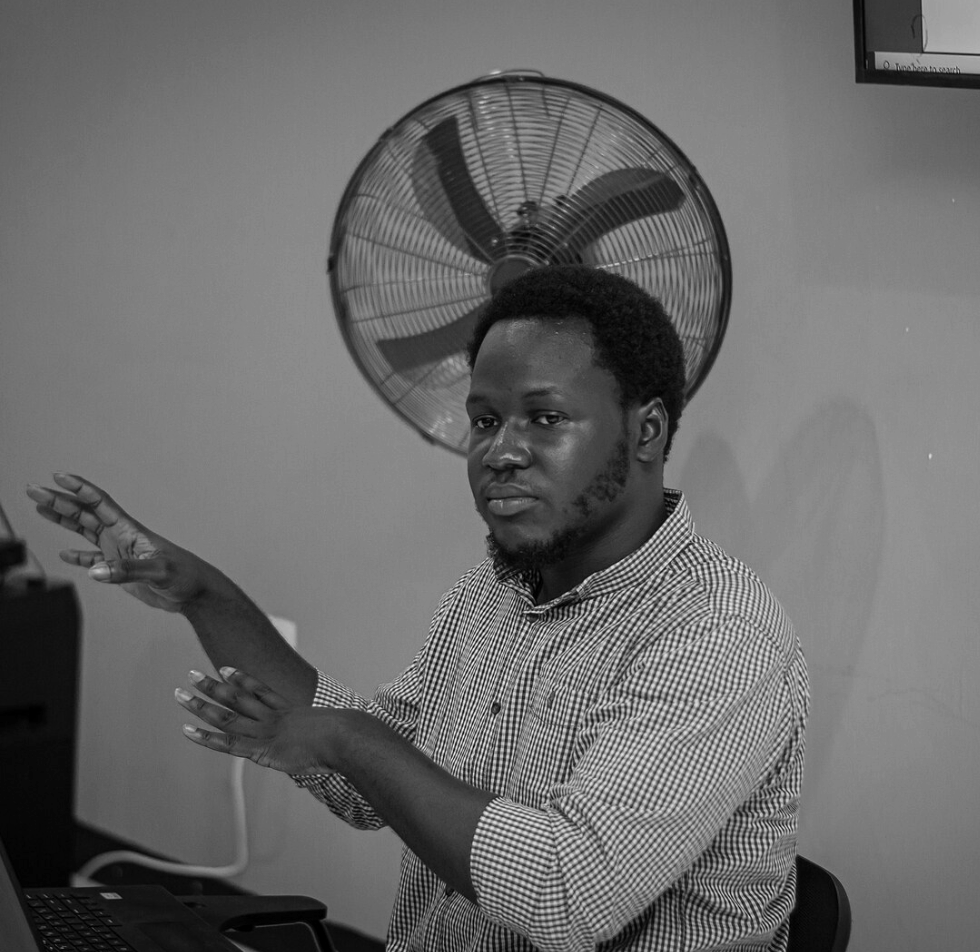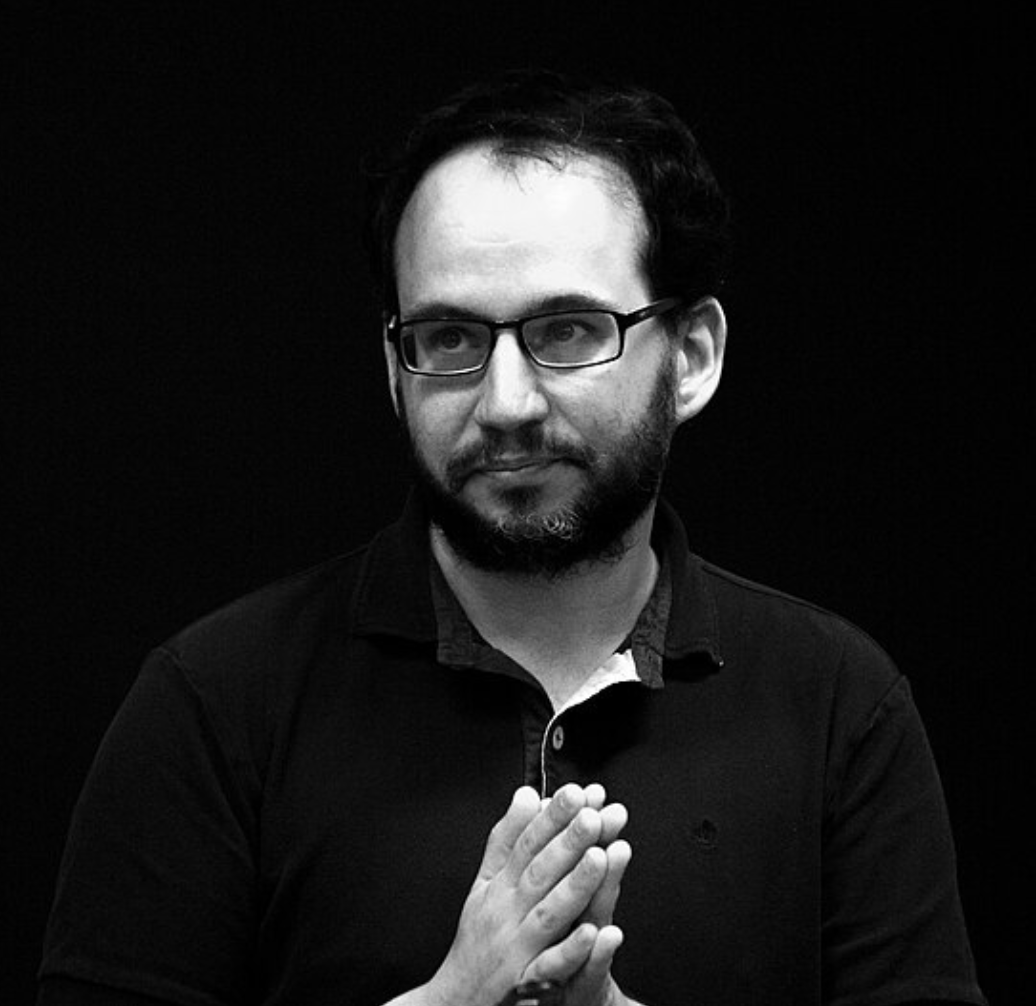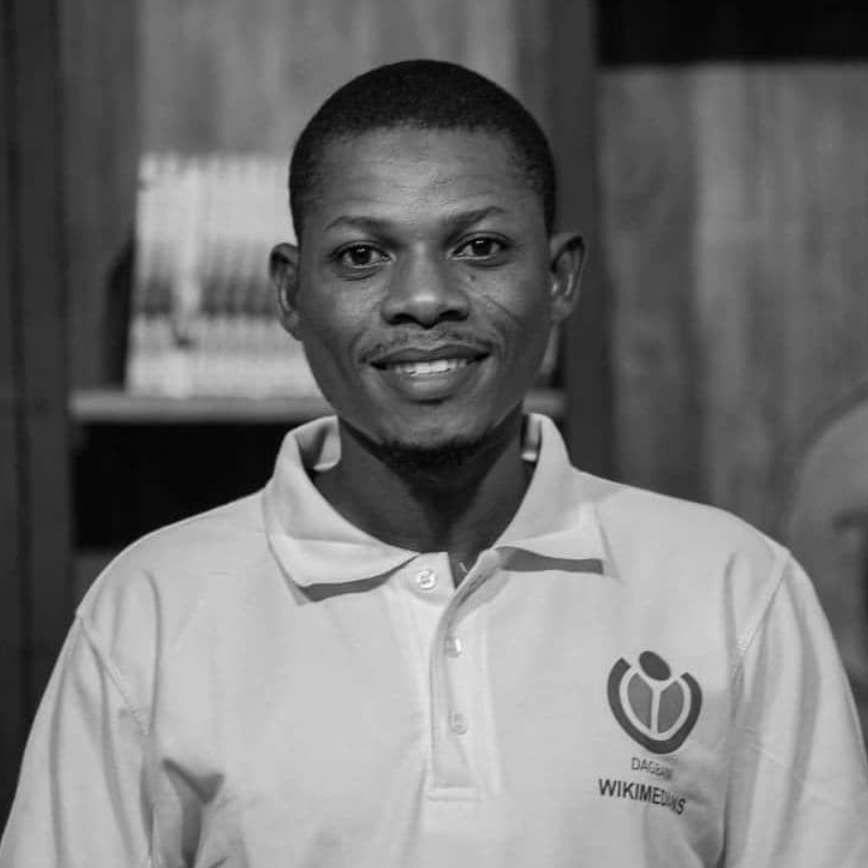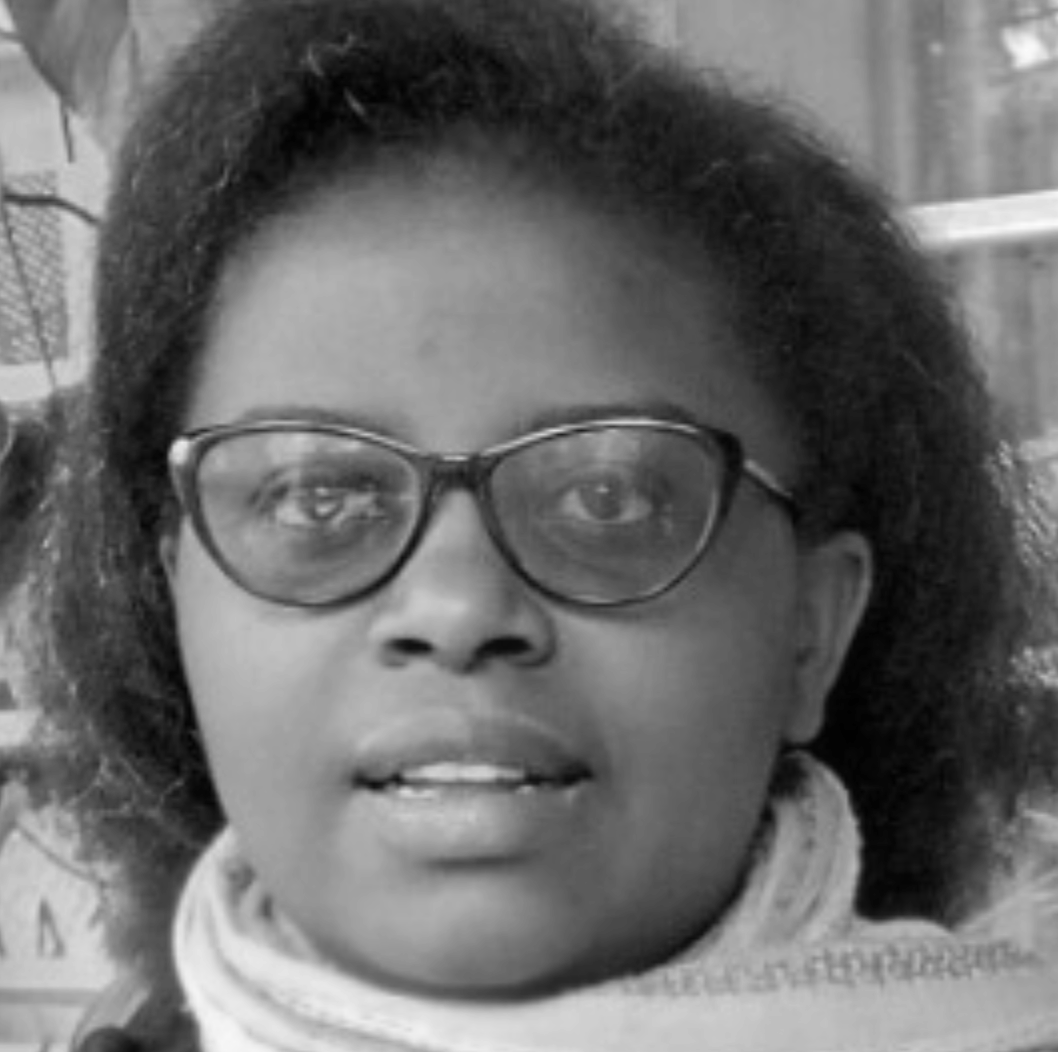Help us protect the commons. Make a tax deductible gift to fund our work in 2025. Donate today!
Open Culture Platform Activity Fund Winners 2024
Open CultureAs part of the Open Culture Platform’s 2024 work plan, we at Creative Commons are offering funding for community activities.
We called for proposals and invited the community to vote on the activities. The projects needed to have a focus on building community through outreach and helping institutions move toward open. Here are the four projects that are being funded. We look forward to sharing more about the projects when they are complete.
Public Domain Digitization Advocacy across GLAM Institutions in Nigeria

Àlàáfíàbámí Ọládipúpọ̀
The Public Domain consists of materials from which society derives knowledge and inspiration to create new cultural and creative works. Having a great interest in the Public Domain, Free Knowledge Africa has tasked itself with organizing a series of events and projects fashioned to promote Public Domain works in Nigeria. In doing so, we have been able to document over a thousand works in the Public Domain database we are currently building and have been able to digitize a few of them.
This proposed activity, funded by the Creative Commons Open Culture Activity fund, seeks to advocate for the Public Domain within GLAM Institutions across Nigeria. Our primary goal is to inspire these institutions to embrace openness and digitize the valuable works within their collections. Building upon our established connections with the National Library of Nigeria, developed through previous projects, we aim to extend our outreach to 5 state branches and encourage the adoption of Open Access practices.
Beyond advocacy, our initiative includes the identification and digitization of approximately 100 Public Domain works from each library, totalling at least 500 digitized works. Subsequently, we plan to upload these digitized materials and create Wikidata Items for a minimum of 500 Public Domain Works in Nigeria.
Expected outcomes include heightened awareness and acceptance of Open Access principles among GLAM Institutions, leading to increased digitization efforts. The project aims to significantly contribute to the preservation and dissemination of cultural heritage, making a substantial impact on the accessibility and appreciation of Public Domain materials in Nigeria.
The Gateway to Amazonian Knowledge: A Project for Openly Disseminating Cultural Collections from Belém

João Alexandre Peschanski
“The Gateway to Amazonian Knowledge” project intends to openly disseminate cultural collections from Belém — especially connected to biodiversity and traditional culture — emphasizing the crucial role of open knowledge in preparing for COP-30 in Belém. This initiative involves a collaborative process to enhance content donation from local institutions, with a particular focus on strengthening partnerships with the Emílio Goeldi Museum. By fostering open access to cultural resources, the project seeks to enrich understanding and appreciation of Amazonian heritage while promoting collaboration and knowledge sharing on a global scale. This specific project will be part of a broader campaign called Wiki Loves Pará, that is especially geared towards contributing textual content about the Brazilian Amazonian Forest into Wikipedia.
Unearthing Ghana’s Hidden Heritage: Exploring Historical Artifacts in Northern Kingdoms

Mohammed Awal Alhassan
The northern half of Ghana, steeped in a rich and often overlooked history, harbors a treasure trove of undocumented artifacts. Within its borders lie the ancient Dagbon, Mamprugu, and Waala Kingdoms—custodians of a cultural heritage spanning centuries. Our project aims to explore and document these artifacts, increasing awareness through Wikipedia articles and images/videos on Wikimedia Commons. Additionally, we will create structured data for these artifacts using Wikidata, which could be utilized in the future to develop visualization tools and other resources.
Tangible items such as traditional woven fabrics like “smock” clothing, handmade beads, wooden sculptures, swords, bows and arrows, traditional drums, and handmade pottery items such as bowls, jars, and decorative pieces all reflect the region’s historical connections to weaponry and hunting practices, and as well reflect the local craftsmanship and cultural heritage making them valuable artifacts that reflect local craftsmanship and traditions.
Open access to cultural heritage/GLAM Rwanda

Nyirahabihirwe Clementine
In Rwanda there is a lack of awareness and understanding about open cultural practices in GLAMs.
Some proposed activities of this project are:
- CC Chapter Rwanda aim to reach out new members online and offline and reach over 40 members for a baseline of 15 members, these will be achieved through special 4 online events and active social media engagement
- CC Chapter Rwanda aims to reach out new members offline specifically in 10 GLAM institutions, through 3 workshops which will be held in 3 different districts (Huye, Nyanza, Kigali City) with 40 participants from different communities, districts and GLAMs. These workshops will enhance collaborative dialogue methodology among stakeholders, which will be designed as part of the project for its sustainability.
- Explain them the importance of the visibility of GLAM collection on online, identify together the challenges and way forward for promoting them and increase their engagement in open GLAM practices.
- Make the Rwandan community aware about Creative Common licenses/tools: Online training on Open practice, the use of Open CC licenses & attributions to increase the online visibility of GLAM collections.
- Document taken pictures from GLAMs in Rwanda on Wikimedia Commons and improving Wikipedia articles.
- Making resources from different GLAMs available to be used by anyone around the world through Creative Commons tools and licenses.
- Provide Wikimedians around the World with Rwandan digitized resources to contribute to the continued improvement of Wikimedia projects such as Wikipedia and its sister projects (WikiSource, Wikidata, WikiCommons…).
- Creation and engagement GLAM community: Offer opportunities for members to participate in meaningful activities and events that build GLAM community and foster engagement, seek out collaborations with other groups and organizations to increase the size and diversity of the community.
- Encourage and support community members to take on leadership roles and responsibilities. In total we will have +30 participants (20 from five GLAM institutions + 10 CC Rwanda members + others who will be interested).
We plan to report back at the end of the year with the results of each project. Congratulations to the winners!
Learn more about CC’s Open Culture Program, and if you’d like to get more involved, check out the Open Culture Platform.
Posted 08 May 2024